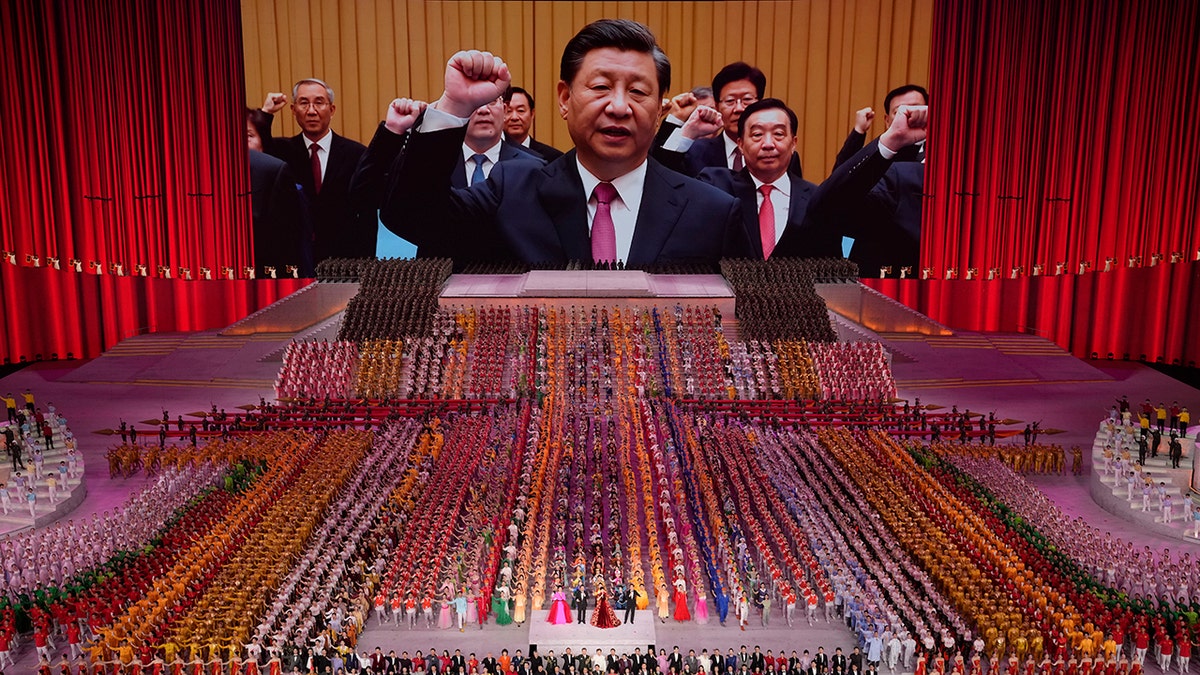A renewed effort is underway among Republican lawmakers to revoke China's preferential trade treatment within the United States. Legislation has been reintroduced in both the House and Senate to repeal China's Permanent Normal Trade Relations (PNTR) status.
Spearheaded by Senator Tom Cotton (R-AR) in the Senate and Representative John Moolenaar (R-MO) in the House, the bill aims to level the playing field for American businesses and address concerns about national security and economic competitiveness. The legislation has garnered bipartisan support in the House with Rep. Tom Suozzi (D-NY) joining as a co-sponsor.
The proposed legislation would implement a tiered tariff system on Chinese imports, with a minimum 35% tariff on non-strategic goods and a 100% tariff on strategic goods, phased in over a five-year period. It would also eliminate "de minimis treatment" for China, meaning all imports, regardless of value, would be subject to customs duties. Revenue generated from these tariffs would be allocated to support American farmers and manufacturers potentially impacted by Chinese retaliatory measures, and to bolster the acquisition of essential munitions relevant to a potential conflict in the Pacific.

China's PNTR status was granted in 2000 under President Bill Clinton, paving the way for China's entry into the World Trade Organization (WTO). While this led to an influx of affordable Chinese goods for American consumers, it also coincided with a decline in the U.S. share of global manufacturing.
Critics argue that PNTR facilitated the outsourcing of American manufacturing jobs to China, creating vulnerabilities in the U.S. supply chain, particularly in light of escalating tensions with Beijing. Proponents, however, caution that revoking PNTR could trigger inflation and lead to retaliatory tariffs on American goods.

Supporters of the bill emphasize the need to protect American workers, bolster national security, and reduce China's economic leverage. They argue that China's current trade practices have unfairly benefited the Chinese Communist Party at the expense of American jobs and manufacturing. Several House Republicans have expressed strong support for the legislation, advocating for measures to isolate China economically and address national security concerns related to supply chain vulnerabilities, particularly in the defense industry.

With Republicans now controlling both houses of Congress and the presidency, the bill has a significantly higher chance of passing than it did under the previous administration.
Comments(0)
Top Comments